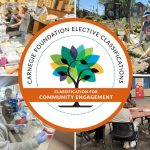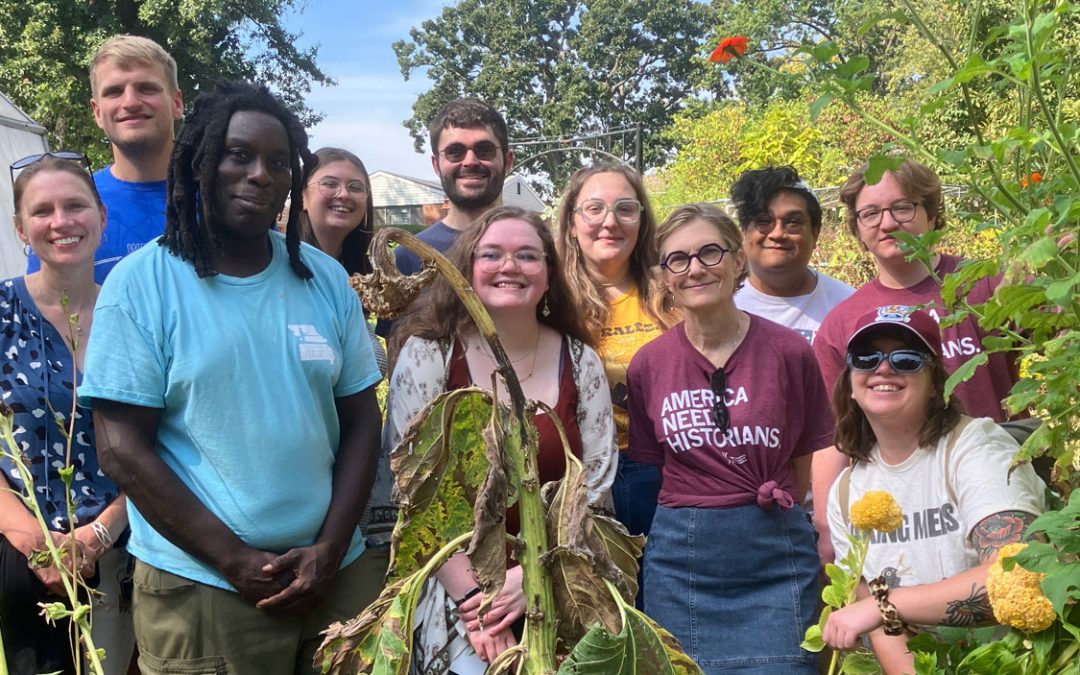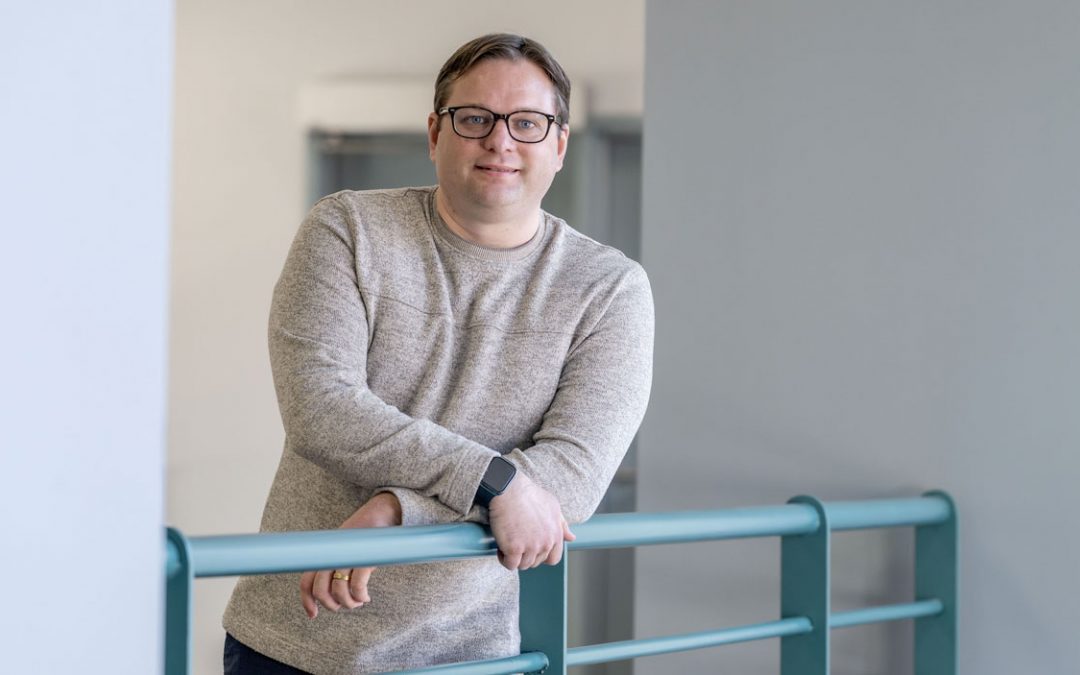
Sharon Johnson, associate professor of social work at UMSL, received a three-year $716,000 grant from the National Institute of Justice to study mentoring programs.
Living without a family member due to incarceration is difficult for many children, and mentoring can help them cope. With a three-year $716,000 grant from the National Institute of Justice, a University of Missouri–St. Louis researcher plans to find out which mentoring method is the most effective.
Sharon Johnson, associate professor of social work at UMSL, will work with two St. Louis-area agencies offering one-on-one and group mentoring programs to children ages 12 to 17. She will compare the two mentoring approaches to see which is more productive and helpful for children in these circumstances.
The participating agencies are Better Family Life Inc. in St. Louis and the Alliance for Families and Communities Affected by Incarceration in Ferguson, Mo.
Studies have been conducted on the two mentoring programs, but none have compared the two approaches.
“We know that mentoring is effective for children dealing with incarcerated loved ones, but we now want to know which mentoring method is more effective,” she said. “We’ll be studying the two approaches for best practices, as well as surveying the risk levels of the participants during and after the program.”
The study will be conducted over three years and will include two cohorts with more than 200 participants. Evaluations will be conducted during the mentoring programs, and follow-ups will happen for several months after the program is completed. Additionally, the study will move beyond the focus of incarceration and look at all youths in mentoring programs.
“By allowing us to follow up with these children and continue to assess their risk levels, we’ll be able to gain a greater understanding of the impact that mentoring method has had on them and determine its value,” Johnson said. “The second aim of the research is to determine whether one method is more effective when youth show higher levels of risk for future delinquency.”
More information:
http://www.umsl.edu/~socialwk/faculty/johnson.html
http://afcaistl.org/
http://betterfamilylife.org














